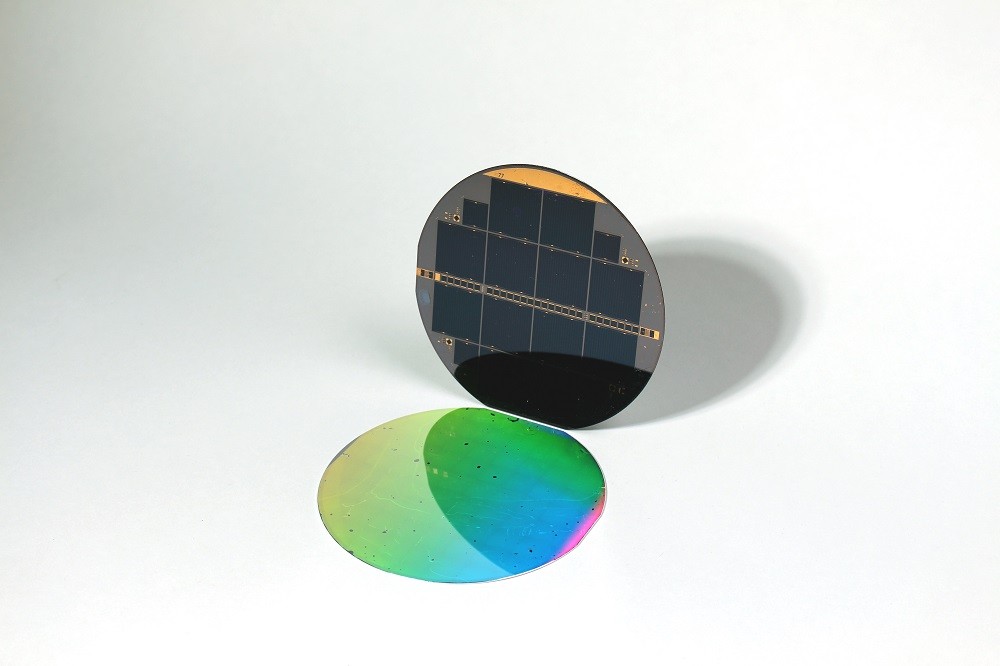From pv magazine Global
The international research group led by Professor Martin Green from the University of New South Wales in Australia has published Version 63 of the “solar cell efficiency tables” in Progress in Photovoltaics.
The scientists said they have added six new results to the new tables since June.
One of the six results added to the tables is the 25.2% efficiency that researchers at Northwestern University in the United States achieved for a 1-cm2 lead halide perovskite cell.
Furthermore, the tables now include the 22.4% efficiency that US-based First Solar achieved for a 0.45 cm2 cadmium-telluride (CdTe) cell, the 26.1% efficiency that China’s University of Science and Technology of China (USTC) obtained for 0.05 cm2 Pb-halide perovskite solar cell, and the 26.1% efficiency the Northwestern University and the University of Toronto in Canada achieved for a 0.05-cm2 Pb-halide perovskite solar cell.
The fifth result added to the tables is the 36.1% efficiency that Germany’s Fraunhofer Institute for Solar Energy Systems (Fraunhofer ISE) and Dutch research institute AMOLF achieved in September for a multijunction solar cell based on silicon and III-V semiconductors such as gallium indium phosphide (GaInP) and gallium arsenide (GaAs).
The sixth result is the 33.9% efficiency the Chinese module maker Longi announced for a perovskite-silicon tandem solar cell in early November.
In Version 62 of the tables, released in June the researchers added 21 new results, a record number for the Tables. The group has seen major improvements in all cell categories since 1993, when the tables were first published.
The research group includes scientists from the European Commission Joint Research Centre, Germany’s Fraunhofer Institute for Solar Energy Systems and the Institute for Solar Energy Research (ISFH), Japan’s National Institute of Advanced Industrial Science and Technology, the US Department of Energy, and the US National Renewable Energy Laboratory.
This content is protected by copyright and may not be reused. If you want to cooperate with us and would like to reuse some of our content, please contact: editors@pv-magazine.com.









By submitting this form you agree to pv magazine using your data for the purposes of publishing your comment.
Your personal data will only be disclosed or otherwise transmitted to third parties for the purposes of spam filtering or if this is necessary for technical maintenance of the website. Any other transfer to third parties will not take place unless this is justified on the basis of applicable data protection regulations or if pv magazine is legally obliged to do so.
You may revoke this consent at any time with effect for the future, in which case your personal data will be deleted immediately. Otherwise, your data will be deleted if pv magazine has processed your request or the purpose of data storage is fulfilled.
Further information on data privacy can be found in our Data Protection Policy.